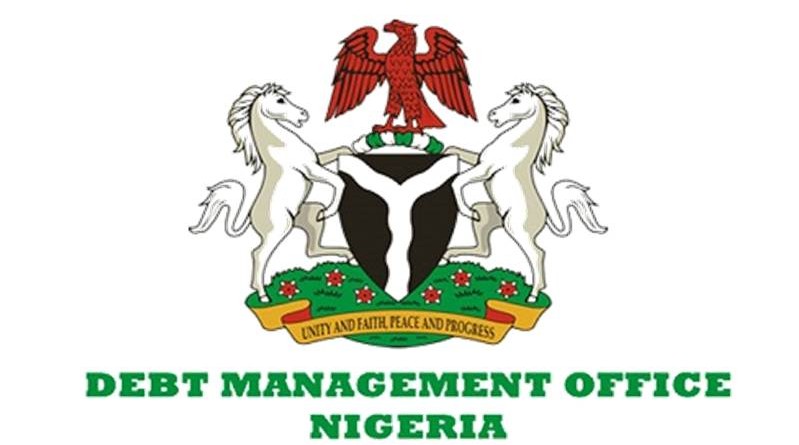FGN raises raised N273.6bn from December bonds auction
The Debt Management Office (DMO) performed its FGN Bond monthly auction on Monday, December 11, 23. Through the reopening of the 14.55% FGN APR 2029, 14.70% FGN JUN 2033, 15.45% FGN JUN 2038, and 15.70% APR 2053 FGN bonds, it raised N273.6 billion against its N360.0 billion offering. The bids were distributed, successively, at marginal rates of 15.50%, 16.00%, 16.50%, and 17.15%. The ratio of bid to cover was 3.24 times. Demand increased by 99.1% on a month-over-month basis to N886.4 billion from N445.3 billion in November of last year, which was the largest increase since July of last year.
Strong demand for the bonds at this auction was mainly caused by increased system liquidity as a result of the period’s FAAC payouts and coupon payments for FGN bonds. The demand for longer-tenure bonds, including the JUN 2038 and APR 2053 notes, was particularly strong. At this bond auction, domestic institutions continued to be the main participants.
According to the NBS’s most recent inflation data, October’s headline inflation rate rose by +61bps to 27.33% y/y. In November, there was no MPC meeting. We take note of the fact that the CBN has met its goal of having the MPC meeting at least four times annually. It is important to note that the CBN increased the policy interest rate to 18.75% by +725 basis points since May 22.
We anticipate ongoing liquidity mop-up via regular CRR/LDR debits and OMO auctions. The Central Bank of Nigeria (CBN) can now manage system liquidity and receive useful feedback to evaluate the efficacy of its present policy parameters, thanks to the removal of the N2bn daily limit on money placed at the Standing Deposit Facility (SDF) window.
The FGN intends to borrow N4.3 trillion domestically through FGN Bonds in FY 2023. Our estimates, however, indicate that cumulative FGN bond issuances have raised c.N5.8trn (exceeding the objective by 34.9%). This represents 82.5% of the N7.04 trillion overall domestic borrowing goal.
Additional sources consist of FGN SUKUK bonds (N350bn) and net NTB issuances (N1.6trn). In light of the approval of a N2.1 trillion supplemental budget, we continue to believe that the FGN would probably exceed its initial domestic borrowing target by the end of 2023.
Nigeria’s sovereign credit rating was recently improved by Moody’s Investors Service from “stable” to “positive” due to ongoing reform initiatives, most notably the elimination of fuel subsidies and the unification of various exchange rate windows. Moody’s did, however, recognize Nigeria’s precarious external and fiscal condition, ongoing high inflation, and unpredictability surrounding its oil output.
Moody’s did, however, recognize Nigeria’s precarious external and fiscal condition, ongoing high inflation, and unpredictability surrounding its oil output.
Nigeria’s long-term foreign currency issuer default rating of “B-” with a stable outlook was upheld by Fitch Ratings. Fitch’s primary arguments included the elimination of fuel subsidies, the harmonization of currency rates, and the devaluation of the naira. However, Fitch outlined several obstacles to an upgrade, including inadequate governance, little revenue from sources other than oil, a significant reliance on the sale of crude oil, security issues, and consistently high inflation.
The current rates on FGN bonds are between 16.6% and 18.6% at the longer end of the curve over the next three months, and between 15.9% and 16.3% at the midpoint of the curve. SOURCE: Coronation Merchant Bank




